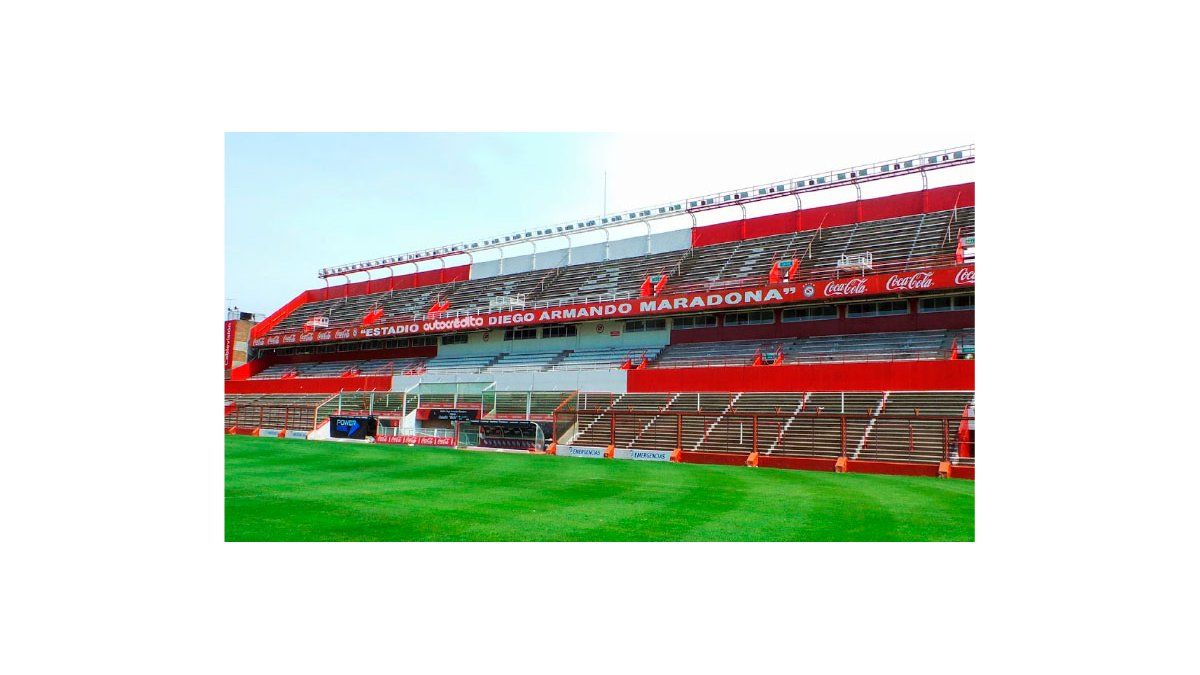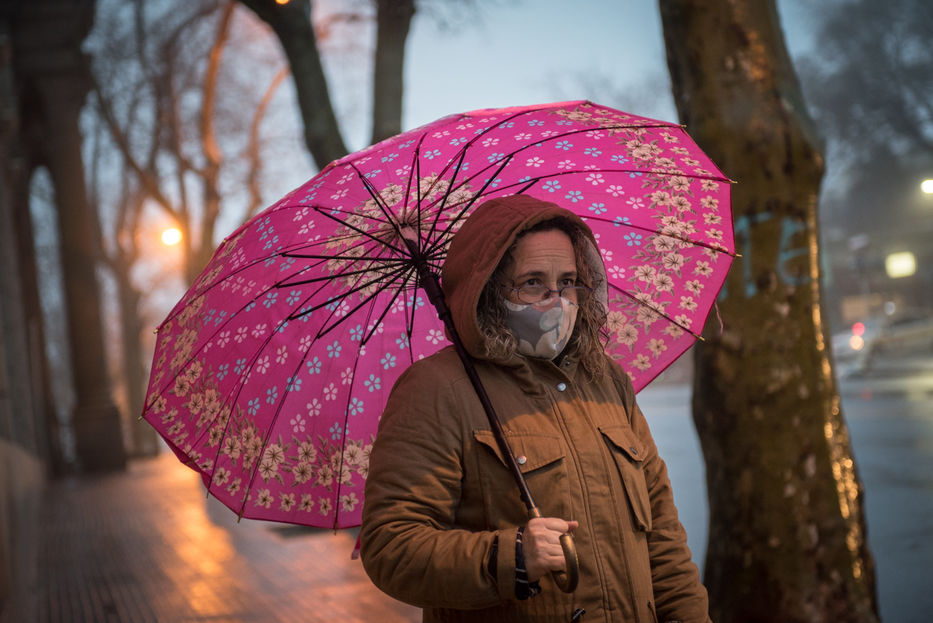In the Argentina This modality saw the light approximately ten years ago, and it was gaining more participation, mainly in theatrical spaces.
In contrast, naming is rare in sports stadiums and is more common in microstadia. He Sanitary Works between 2006 and 2012, it was called Estadio Pepsi Music. In 2015, DirecTV launched the DirecTV Arena, in Tortuguitas, which required an investment of $ 200 million and has capacity for 15,000 spectators.
However, the satellite operator did not renew in recent days the agreement to be the main sponsor of the Buenos Aires entertainment center.
Thus, IRSA adds another problem to the complex financial situation that its shopping centers and corporate buildings are already going through, as a result of the Covid-19 pandemic.
However, the group that leads Eduardo Elsztain claimed to have several proposals to replace DirecTV when the pandemic allows the activity of the covered stadiums that are currently closed by order of the Government.
While, Naming rights in Argentine soccer stadiums are not common. The first and only that since 2018 added a “second name” was that of Argentinos Juniors, which acquired the name of Diego Armando Self-Credit Stadium Maradona.
“Having a sponsor in the stadium is something we have always sought, because it has a significant increase, of 30%. We are the first club to have it, and the repercussions are worldwide, “said the club president at the time. Cristian Malaspina.
According to calculations by experts in the field, Boca and River they could bill between 3.5 and 5 million dollars annually for giving the name of their respective stadiums to a brand.
However, the strong cultural roots that their names have among fans is another of the key points when analyzing the lack of brands sponsoring the fields.
An alternative, according to specialists, opens with the new stadiums: “If the naming since before laying the foundation stone, there is no other way to call it.
The reputation of soccer stadiums in Argentina is another matter. A marketer confessed that “The stadiums in Argentina are not prepared for a brand to put silver. Nobody would invest in a field where they may have a problem, there is an accident or a piece of masonry falls from the grandstand. It is a risk for the brand“.
In the region, the most developed market is Mexico, with stadiums like him BBVA Bancomer (Rayados de Monterrey), he Omnilife (Chivas de Guadalajara) or the Corona (Santos Laguna), Meanwhile in Brazil is the Allianz Parque, the house of Palmeiras (San Pablo) since 2014.
Instead, the commercialization of naming rights of stadiums is part of the landscape in the decades in U.S, and since the last years in football Europe.
Many of these spaces can host various sports, even with matches on the same day, which gives the brand greater opportunities for exposure and contacts.
In U.S, Of the 123 professional sports teams that make up the MLB (30), NFL (32), NBA (30) and the NHL (31), 85 play in stadiums that have “sold” their names to companies. American football (NFL) being the sport that best exploited these rights, sponsoring up to 80% of stadiums.
In Europe, the report “Champions League Stadium Naming Rights Study” who developed Iberia Valuation Services de Duff & Phelps, offers a very revealing portrait of the state of affairs. The market that has most exploited these rights is that of the Bundesliga Germany, where 80% of the stadiums have a sponsor that gives their field its name, being the Allianz Arena del Bavaria Crown jewel.
From behind appears the Premier League Inglesa (with 30%), where teams like Manchester City (Etihad Stadium), Arsenal (Emirates Stadium), Bournemouth (Vitality Stadium), Brighton (Falmer Stadium), Huddersfield Town (John Smith’s Stadium) o Leicester City (King Power Stadium) they enter a juicy amount in their coffers for this type of rights. Further back appear, with 10%, the Italian Serie A and the French Ligue 1. In last place in the major leagues, with just 5% of revenue from naming rights, is placed The Spanish league.
In Spain, it is especially striking that clubs like Real Madrid O Barcelona do not make this type of sponsorship profitable when they have two of the world’s sports venues such as the Santiago Bernabéu and the Camp Nou. In that the Wanda Metropolitano from Atlético, a majestic and modern stadium that uses the name of the company that has bought part of the club.
Besides of Wanda Metropolitano, in the Iberian Peninsula are the Iberostar Stadium, of the Mallorca, he Real Arena,from Real Sociedad, Abanca Balaídos, of the Celta Vigo, or the generic Villarreal Ceramic Stadium.
However, the reality is that in the football stadiums of the Argentina this sponsorship format has not caught on.
–


